The Microbial Biodegradation and Bioprospecting team is interested in investigating the biodegradation processes of organic environmental pollutants, with special emphasis in fluorinated compounds. With this objective, the team is focused in obtaining and characterising microbial consortia capable of efficiently degrading these compounds and in investigating the metabolic mechanisms responsible for the biodegradation processes, generating essential knowledge for the treatment of contaminated industrial effluents.
Another important focus of the team is the bioprospecting of marine actinobacteria for the discovery of novel bioactive compounds with pharmaceutical/industrial applications. The potential of actinobacteria for the production of bioactive metabolites is enormous and actinobacteria associated with Portuguese marine sources are highly unexplored. The team is thus keen in finding new antimicrobials, anticancer, anti-inflammatory and anti-obesity compounds, as well as new biosurfactants and other industrially relevant molecules. By searching for compounds relevant to the health and industrial sectors, the team seeks to translate biotechnological research into products with high added value and to contribute to the development of the blue economy.
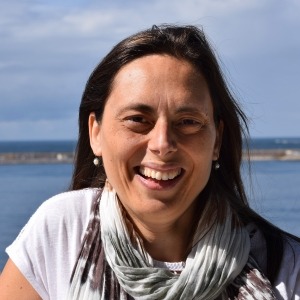

Maria de Fátima Carvalho holds a degree in Microbiology and a PhD in Biotechnology from the Portuguese Catholic University. She is currently principal investigator at CIIMAR, where she leads the research team Microbial Biodegradation and Bioprospecting. Her research interests are focused on two main lines (i) development of biotechnological strategies for the removal of organic environmental pollutants, with special emphasis on fluorinated compounds and (ii) bioprospecting actinobacteria from diverse sources (from terrestrial to marine environments) for the discovery of novel molecules with relevant biotechnological applications.
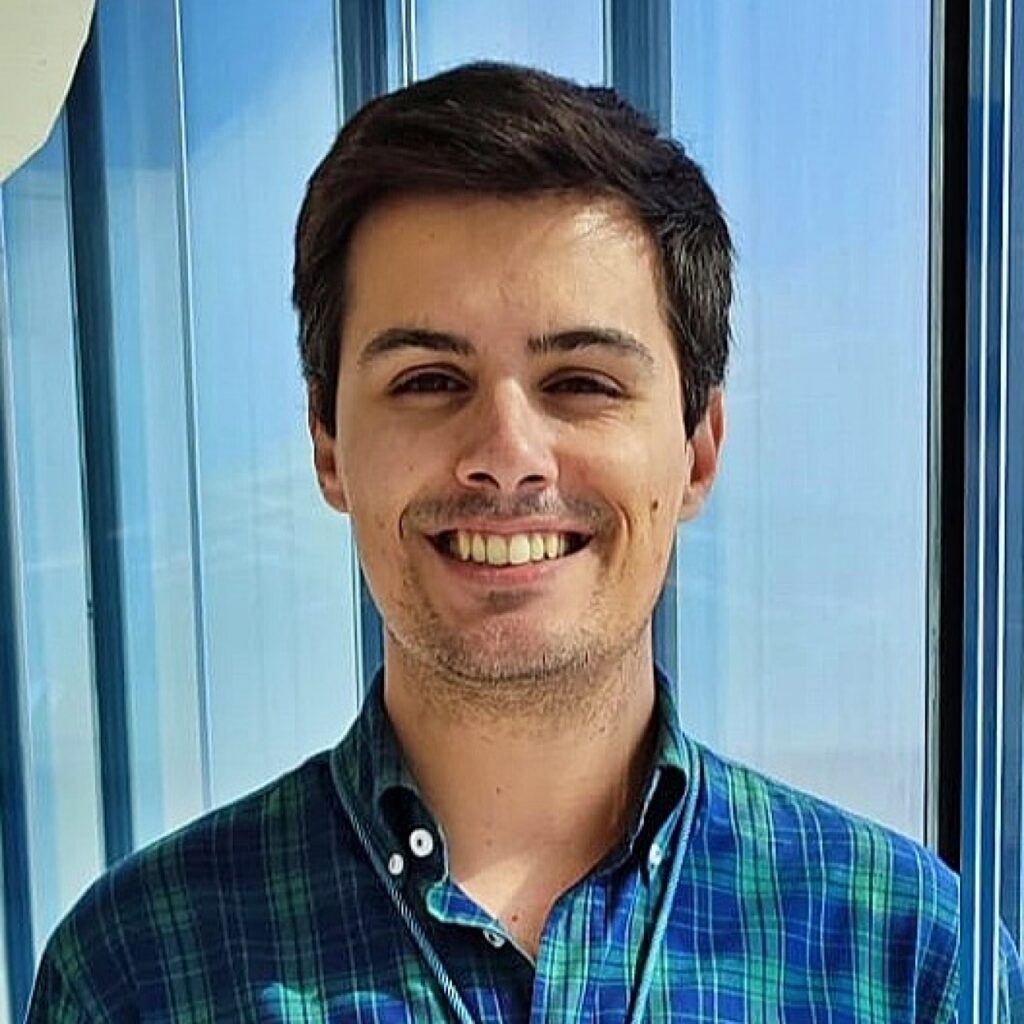

Diogo A. M. Alexandrino is a researcher at CIIMAR and an Invited Adjunct Professor at the Department of Environmental Health of School of Health (Polytechnic of Porto). Diogo’s main research interest focuses on studying the physiology and metabolism of the bacterial degradation/transformation of (poly)fluorinated pollutants. He’s also highly interested in harnessing bacterial processes for pollution control, to mitigate anthropogenic pressures and to improve the circularity of various waste streams, either by using axenic bacteria, tailored bacterial consortia or by merging bacterial metabolism with synthetic processes.
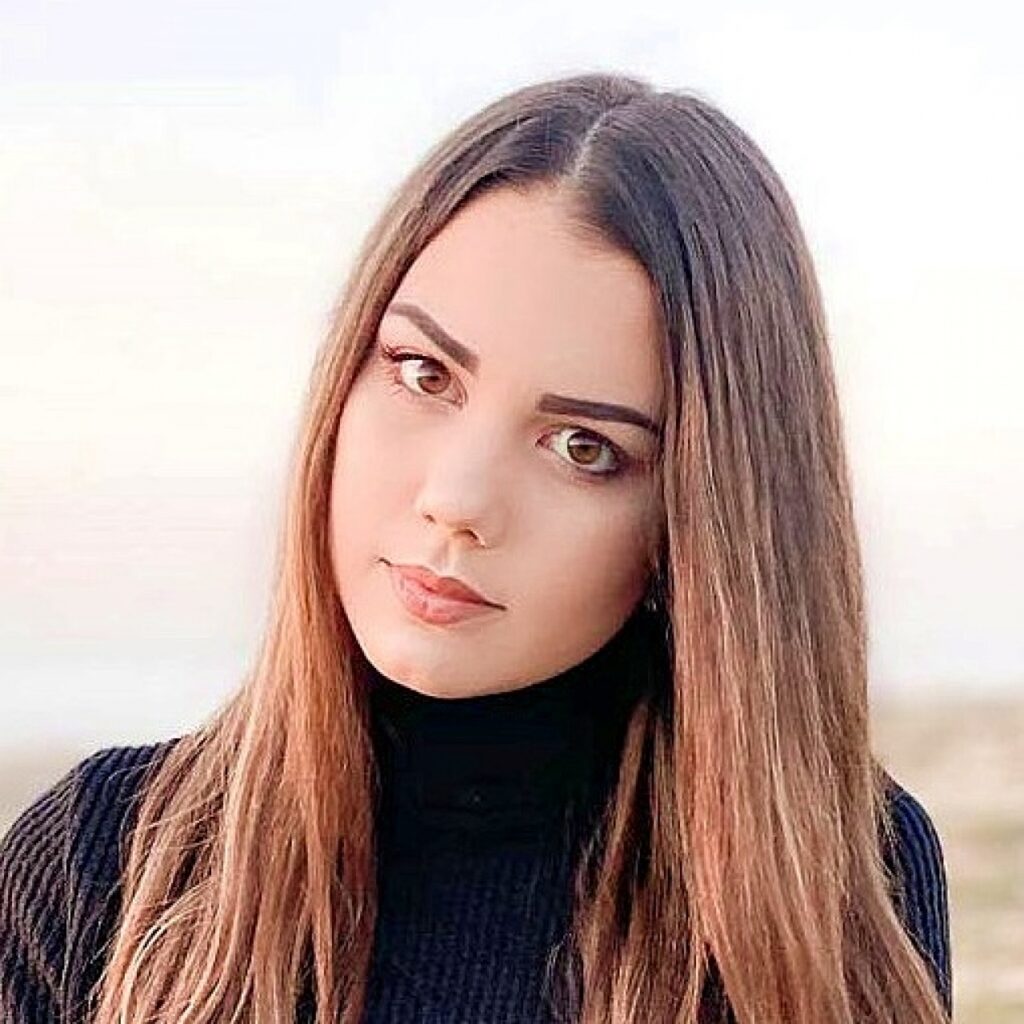

Francisca Branco holds a BCs degree in Biology (Faculty of Sciences of Porto University, 2020). Currently, she is finishing her MCs degree in Cellular and Molecular Biology and doing her master’s internship at the Bioremediation and Ecosystems Functioning Research Group, under the scope of the ActinoDeepSea project. Her main research interest rely on the discovery of novel natural compounds with pharmaceutical and industrial applications
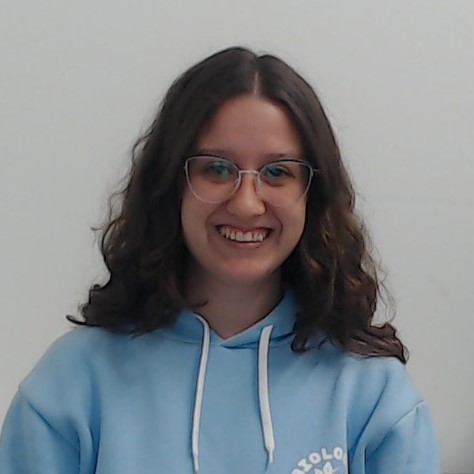

Francisca Oliveira obtained a BSc degree in Biology by Faculty of Sciences of the University of Porto (2023). Currently, she is pursuing a Master’s in Cellular and Molecular Biology and doing an internship at CIIMAR, with support from a BYT+ scholarship and joining the “Microbial Biodegradation and Bioprospection” research group.
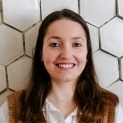

Inês Ribeiro holds a BSc in Environmental Health (2015), an MSc in Toxicology and Environmental Contamination (2017), and a PhD in Biomedical Sciences (2023). Her work was in the field of marine biotechnology, focusing on the bioprospection of marine actinobacteria for the discovery of new natural products. Currently, she is a researcher (microbiology technician) in the CIIMAR, within the scope of the Innovation Pact, and provides technical support for maintaining and organizing cultures of non-photosynthetic prokaryotes that will integrate the Portuguese Blue Biobank. She has experience and know-how in microbial isolation and identification, carrying out bioactivity and biodegradation tests, and knowledge of the chemistry of natural compounds.
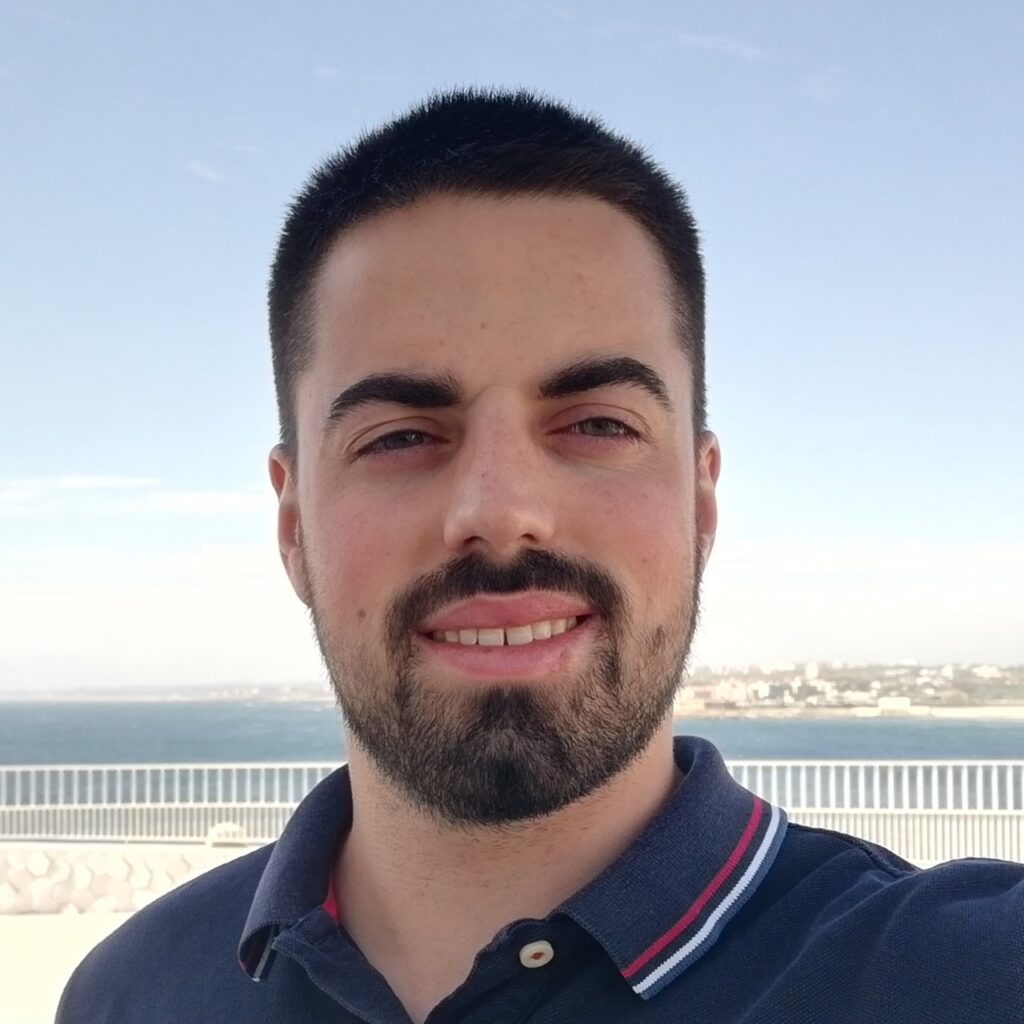

João Carlos Silva graduated in Environmental Health from School of Health, Polytechnic Institute of Porto. Currently, he is finishing his MSc in Toxicology and Environmental Contamination from University of Porto, his master thesis focuses on the biodegradation of two widely used fluorinated pesticides. In Future, he intends to continue his research on the biodegradation of recalcitrant compounds.
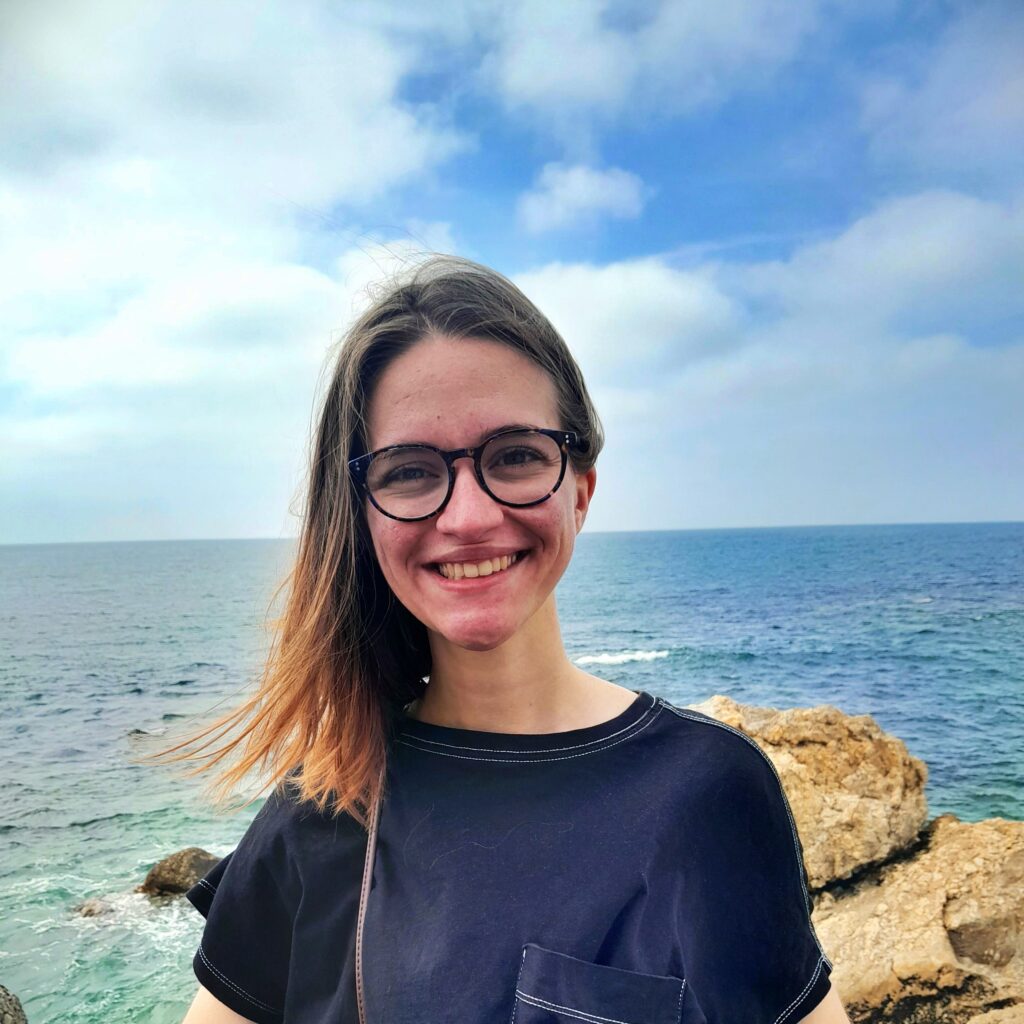

Mariana Oliveira holds a BSc in Biology from the Instituto Superior de Agronomia (University of Lisbon) and a MSc in Human Biology and Environment from the Faculty of Sciences (University of Lisbon). She started working at CIIMAR-UP in 2019 to work on the isolation and identification of toxin-producing fungi. In 2021, Mariana was awarded a PhD FCT grant through the BYT program. She currently is a PhD student in Aquatic Sciences – Biology and Ecology (School of Medicine and Biomedical Sciences, University of Porto). In the project Mariana is developing, she aims to isolate novel natural bioactive compounds produced by Actinobacteria associated with marine sponges.
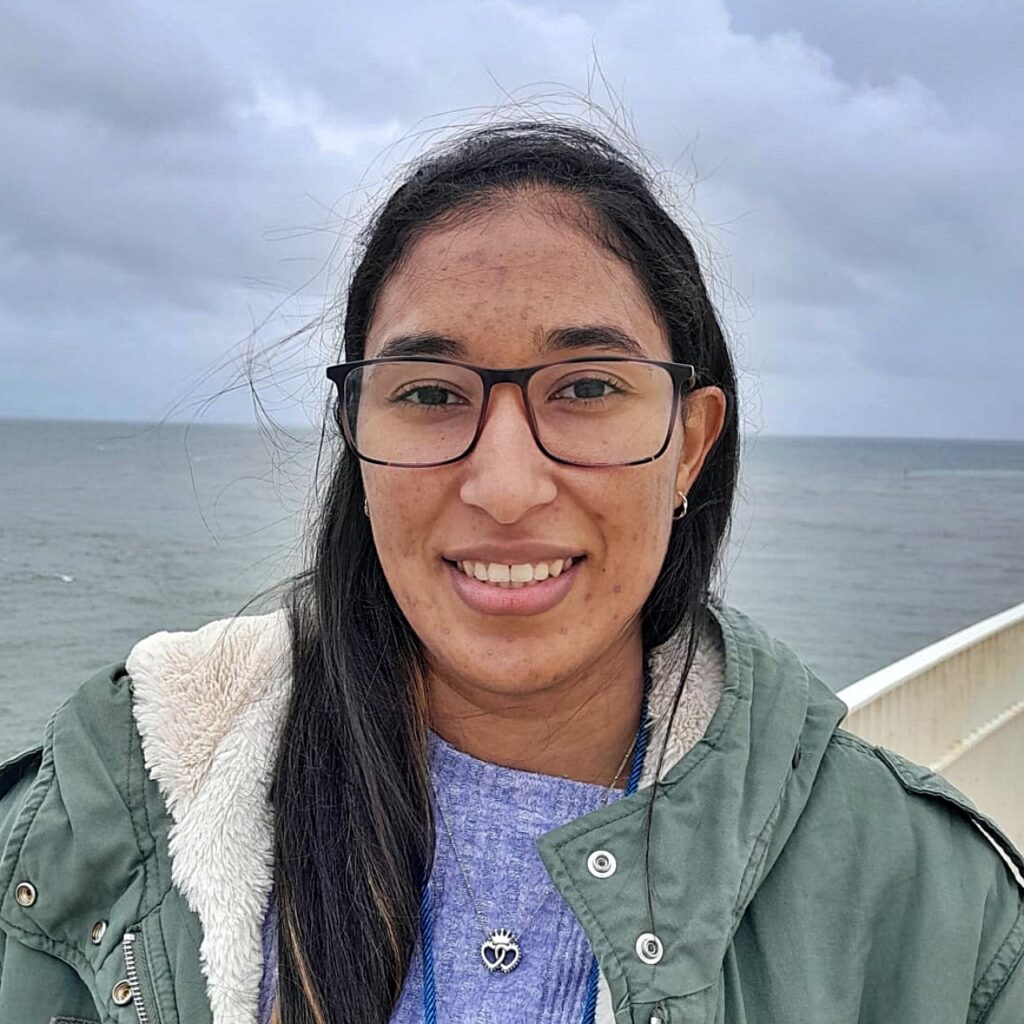

Patri Isamir Ramírez graduated from the Autonomous University of Santo Domingo with a bachelor degree in Microbiology, she is currently doing a Master’s degree in Environmental Science and Technology at the University of Porto. Her work at CIIMAR is focused on acidophilus.
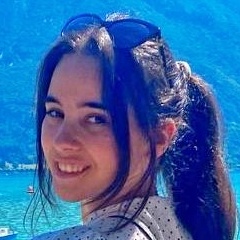

Sílvia Ferreira holds a BSc degree in Biomedical Sciences from the University Institute of Health Sciences – CESPU. She is currently completing her MSc degree in Biochemistry in Health and actively engaged in her master’s internship with the Microbial Biodegradation and Bioprospecting Research Group. In this research project, one of the aims is to investigate the taxonomic diversity of actinobacteria derived from R. graveolens.
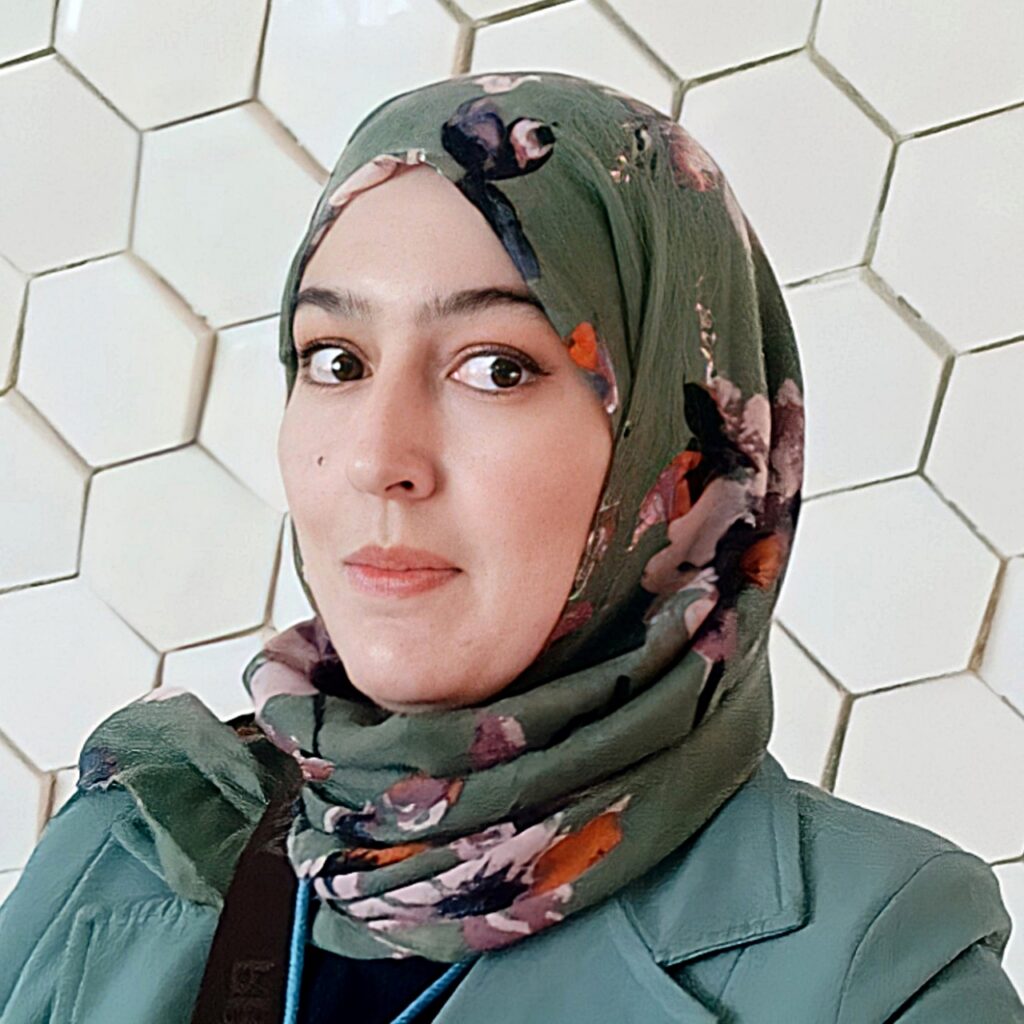

I am a PhD student, my research interest is focused on: 1.Saharan wild Leguminous species, their biotope and its influence on their symbiotic activity. 2.The characterisation of their symbiotic microorganisms and selecting the most effective microbial species to be investigated in sustainable biotechnological applications.
I took my Bsc in Ecology and environment (2014) and Msc in Environmental sciences (2016) from the university of Kasdi Merbah Ouargla, Algeria.
Ribeiro, I., Antunes, J.T., Alexandrino, D.A.M., Tomasino, M.P., Almeida, E,, Hilário, A., Urbatzka, R., Leão, P., Mucha, A.P., Carvalho, M.F.
2023Frontiers in Microbiology, 14, 862.Alexandrino, D.A., Almeida, C.M.R., Mucha, A.P., Carvalho, M.F.
2022Environmental Pollution, 292: 118315Alexandrino, D.A., Mucha, A.P., Tomasino, M.P., Almeida, C.M.R., Carvalho, M.F
2021Microorganisms, 9: 2109Alexandrino, D.A., Mucha, A.P., Almeida, C.M.R., Carvalho, M.F.
2021Critical Reviews in BiotechnologyRibeiro, I., Girão, M., Alexandrino, D.A.M., Ribeiro, T., Santos, C., Pereira, F., Mucha, A.P., Urbatzka, R., Leão, P.N., Carvalho, M.F.
2020Microorganisms, 8: 1691Alexandrino, D.A.M., Mucha, A.P., Almeida, C.M.R., Carvalho, M.F.
2020Journal of Hazardous Materials 394: 122545Girão, M., Ribeiro, I., Ribeiro, T., Azevedo, I.C., Pereira, F., Urbatzka, R., Leão, P.N., Carvalho, M.F.
2019Frontiers in Microbiology.Website by: Glitz Design